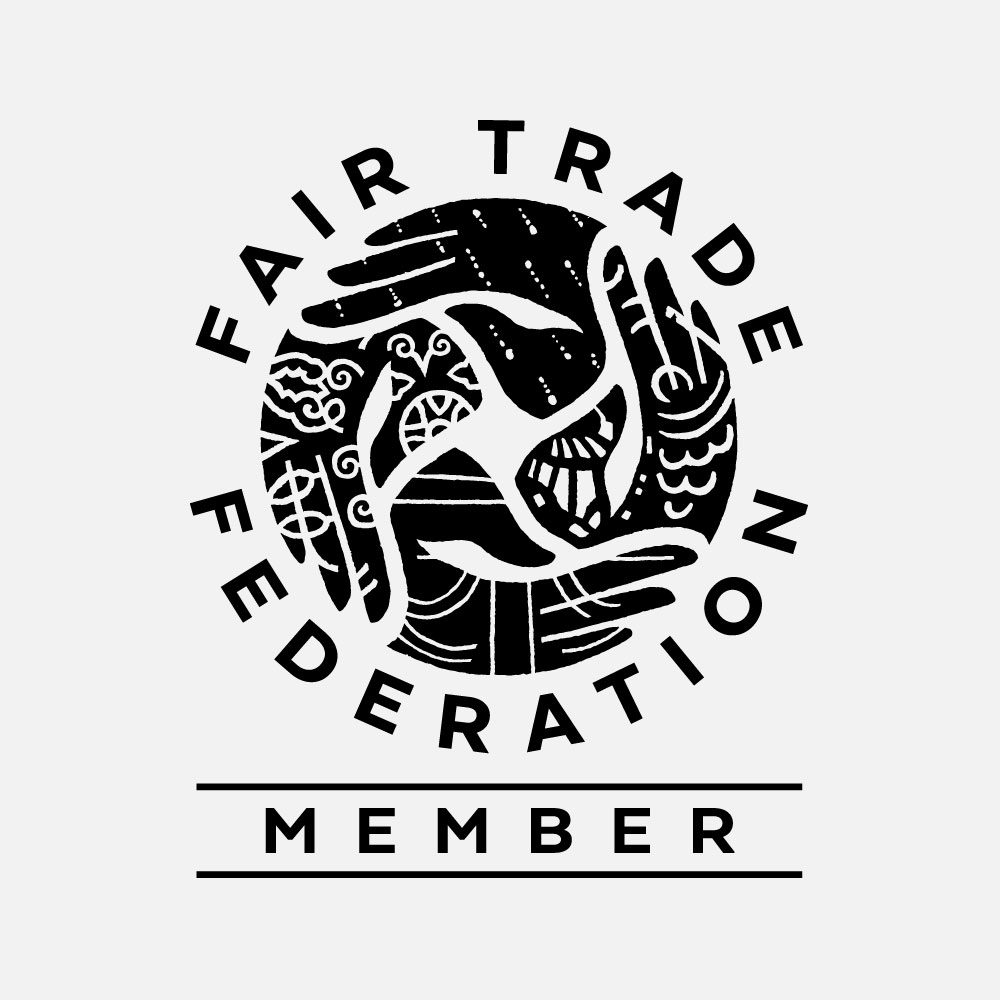What is Fair Trade?

Fair Trade is a trading partnership, based on dialogue, transparency and respect, that seeks greater equity in international trade. It contributes to sustainable development by offering better trading conditions to, and securing the rights of, marginalized producers and workers.
Fair Trade organizations (backed by consumers) are engaged actively in supporting producers, raising awareness, and in campaigning for changes in the rules and practice of conventional international trade.
Fair Trade’s strategic intent is:
Deliberately to work with marginalized producers and workers in order to help them move from a position of vulnerability to security and economic self-sufficiency to actively play a wider role in the global arena to achieve greater equity in international trade.
Who benefits from Fair Trade?
Fair Trade provides tangible benefits for small-scale farmers, artisans, businesses, consumers and the environment.
1. Small Scale Farmers and Artisans
- Artisans and producers are given premium prices for their products
- Empowering producers by providing direct relationships with businesses
- Fair wages and safe working conditions
- Improved facilities for the enhancement of products
2. Businesses
- The building of future securities
- “Direct trade” benefits
- Stable prices; even when global market prices change
- Credible ways to ensure their trade has a positive impact
- Connecting consumers with other cultures
- Repeat and conscious customers
3. Consumers
- Buying in line with their principles; directly affecting people’s lives
- Empowering them to participate in addressing trade inequality and support businesses that practice sustainability
- The introduction of other cultures
4. Environment
- Protection of natural resources through sustainable production practices
- Intentionally not using products with GMO’s (Genetically Modified Organisms)
- The promotion of sustainable production practices
